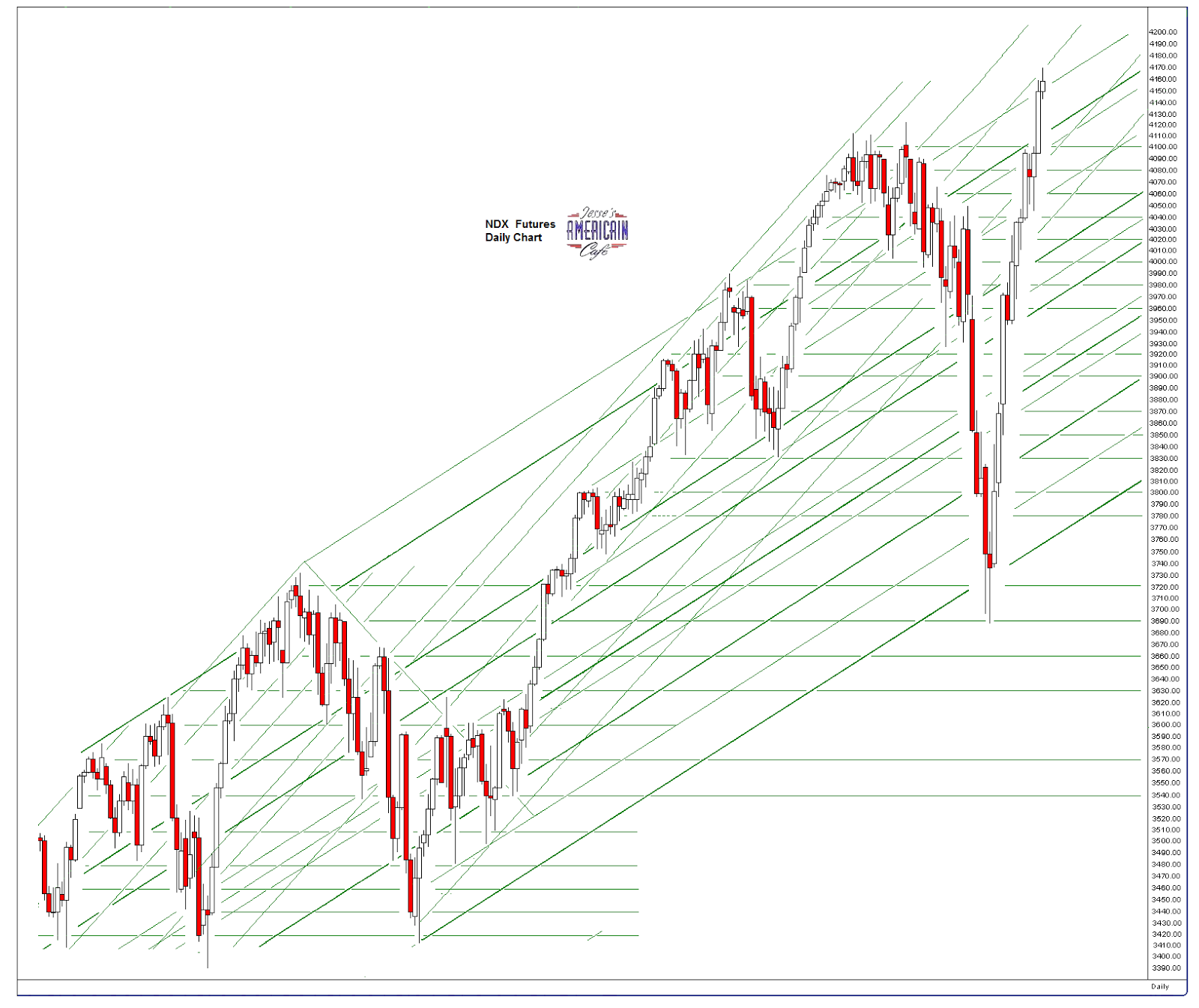It is a mistake to underestimate the depths of self-serving policy error to which Wall Street and the ruling elite will sink in order to kick the can down the road and maintain their positions of privilege. Every time I think they can go no further, I am surprised. Shame on me.
The Fed has never seen a bubble it didn't like. And if the trickle down isn't working, keep doing the same thing, but even more. Tempting fate doesn't begin to cover it.
There was intraday commentary
here. Although I do not mention it, there may have been a veiled message in there for the people of Switzerland, to comply and conform their domestic policies to the monied interests.
Try to remember those who have passed away on this weekend, as has been the fourteen centuries long tradition in western Christian culture on All Saints' Day, when in 610 AD Boniface IV consecrated the Pantheon in Rome to the memory of Mary and the martyrs. And you might have a mind for those who remain in the struggle for justice and righteousness, All Souls, on the day after. I will remember you, as always.
Quaintly foolish notions these days, I know, among those who would be as gods, or perhaps already are, at least in their own minds.
And may the odds be ever in their favour.
Have a pleasant weekend.








































